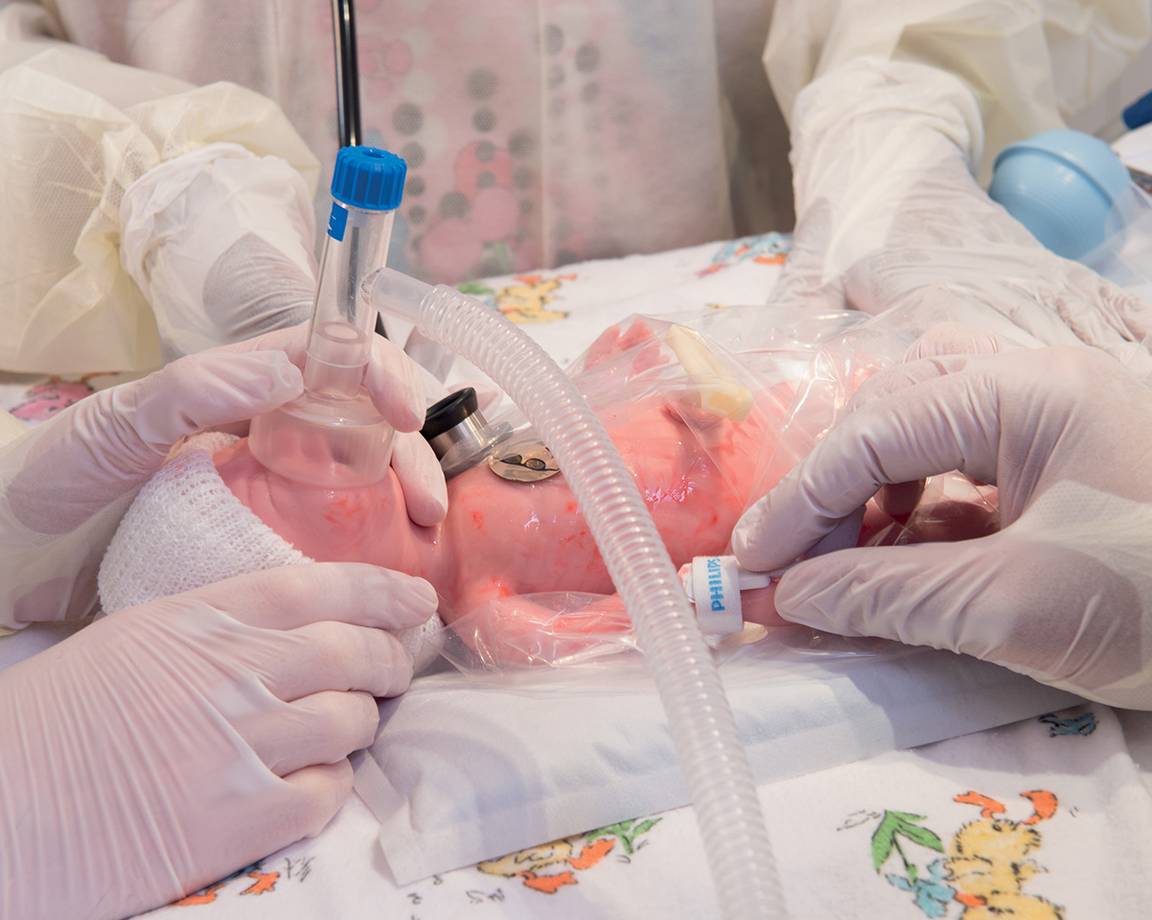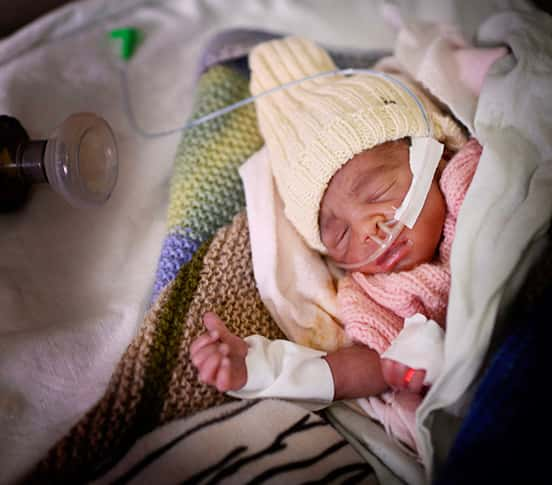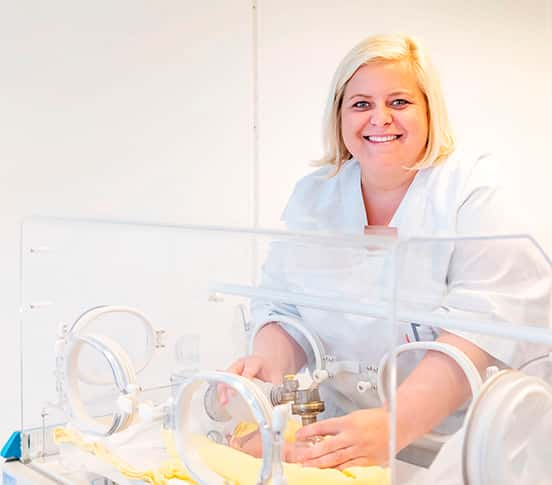
Be prepared
Survival rates for newborns can be improved through training in neonatal resuscitation and by being prepared to respond quickly and effectively. How can you be better prepared to handle an expected – or unexpected – preterm birth? Practice and simulate.
Using simulation training to support your learning objectives, you will be able to practice and implement the safest care practices for premature infants. Better preparation can help save more lives.

